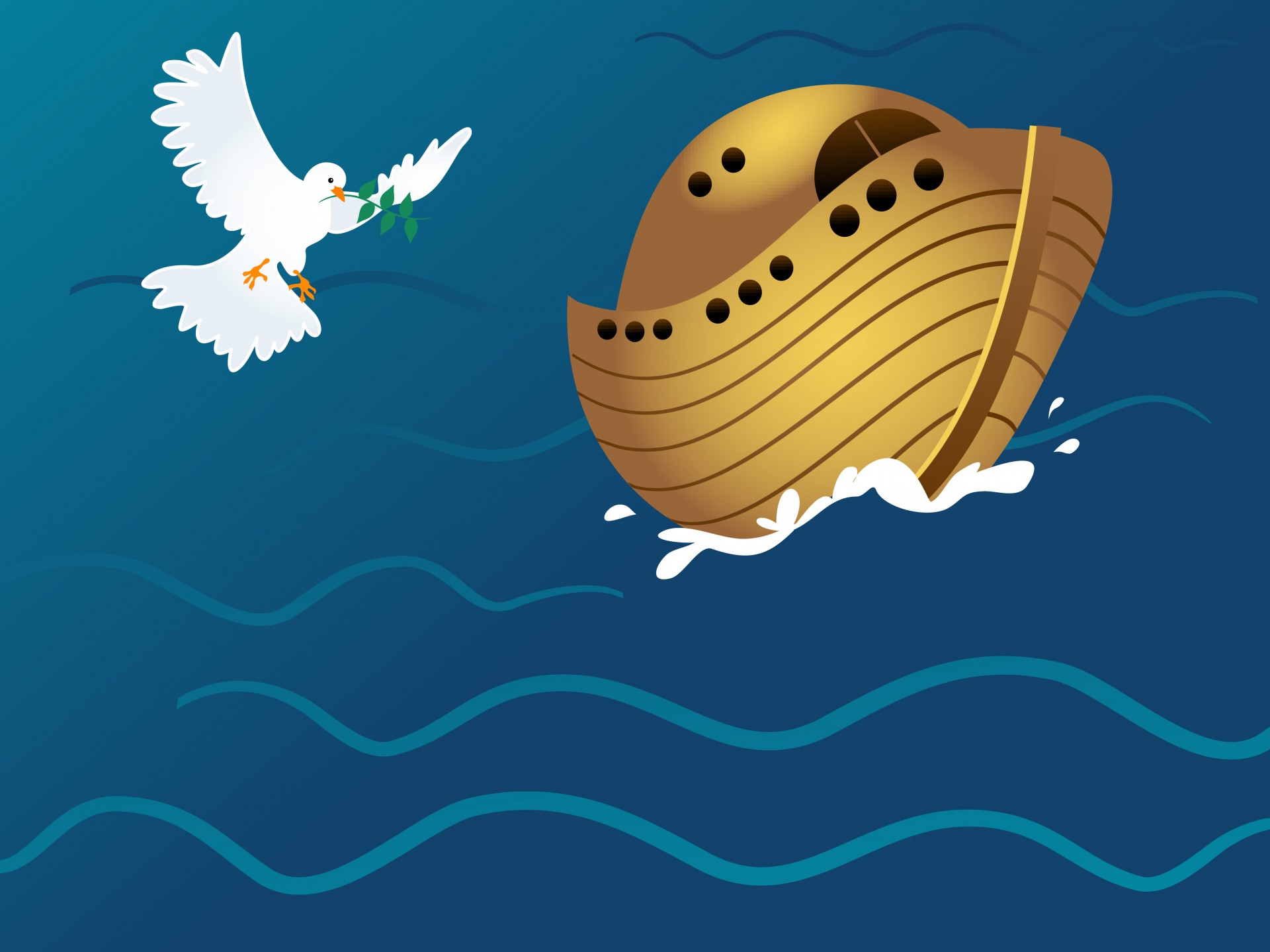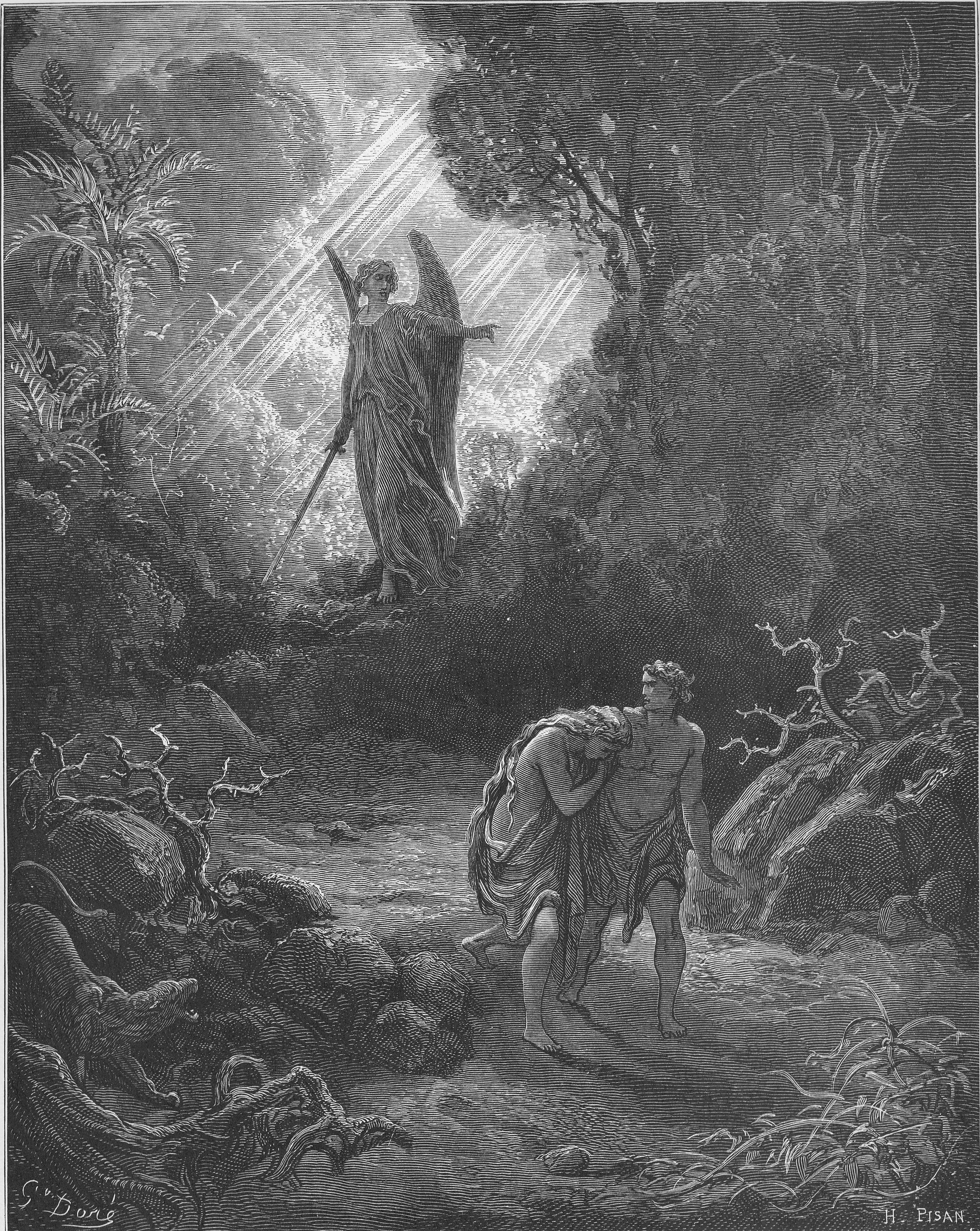Maternal filicide is a horrible act. Most children would never even imagine their own mother hurting them, because mothers are supposed to be loving and caring for their children. Many people may ask, why would a mother commit maternal filicide? It is very rare for a crime of maternal filicide to be committed. Lanny Berman, executive director of the American Association of Suicidology in Washington D.C. said, "Mother's don't kill their children unless they are seriously disturbed." Although it is rare, according to the Department of Justice, out of the 14% of violent crimes that are committed in the U.S., nearly half of them are all parental murders. In addition to Berman, Teresa Caffese, the former San Francisco public defender said, "Unless there's a really unusual circumstance, a mother doesn't kill her children." Phillip Resnick, an expert in maternal filicide and co-author of a 2007 World Psychiatry study, concluded that the United States has the highest rates of child homicide and when a child is maderead the parent most likely did it. The act of maternal filicide is unthinkable for many, but there are acts of this terrible violence because of a mother who is disturbed occurring.
Thursday, November 17, 2016
Wednesday, October 26, 2016
Taoism and Chinese History
Most Chinese historians just view the dynastic histories and look through for a mention of Taoism disregarding the religious texts. Terry F. Kleeman, leading scholar of the early texts of Taoism, discovers the history in a different way. He uses the religious texts and the work of Kristofer Shipper and Franciscus Verellen that includes dates for every document. The discovery of these old Taoism religious texts provide information about China as well. It dates back to the year of 142 in ancient China and tells us information about China. One piece of information gained is that early Chinese history never included an alternative political model other than an emperor. This model was held for over 2,000 years! Taoism is different from ancient China, it is based on theocracy, a system of government where the priests rule in the name of the Gods or God. In addition, there are still some aspects of ancient Chinese history and Taoism that are still being studied today. For example, if Hakka has remenents of Taoism in there descendants. Religious Taoism texts revealed many details about ancient Chinese history and revealed details about Taoism as well and many details of this history is still being studied today.
Sunday, October 16, 2016
Is Our World Real?
After reading the article, "Are We Living in a Computer Simulation," I think our world is real. I think this because if we lived in a simulation, why would the creators and players of the simulation allow us to make our own simulation games? I agree with the scientist David Chalmers who said, "You are not going to get proof that we're not in a simulation, because any evidence that we get could be simulated." Chalmers means that if we did live in a simulation, there is no way to prove it because any evidence of being in a simulation can be simulated by the creators. Although I do not agree with the idea that we live in a simulation, it is scary to think that some scientists believe that there is a 50% chance that we could be living in a simulation. Moderator Neil deGrasse Tyson said, "I think the likelihood may be very high." It is scary that one person could possibly choose if we live or die with the simple click of a button. Whether we are living in a simulation or not, I agree with Chalmers when he said, "Maybe we're in a simulation, maybe we're not, but if we are, hey, it's not so bad." I agree with this because if we were in a simulation, there is nothing anyone could do about it besides go about their normal lives. Although this article poses many good points, I still believe that our world is real.
Monday, October 10, 2016
Moshe Yosef Daum and Fela Nussbaum vs. The Book of Job
The story of Moshe Yosef Daum and Fela Nussbaum, Menachem Daum's parents, is similar and different to The Book of Job. Fela Nussbaum, Menachem's mother, lost her faith after the Holocaust. She felt that if God stood by during the Holocaust and didn't help the Jews during a time of desperation. Fela tried to remain faithful, but when her child was taken from her, she was put over the edge. This is the same as Job. Job tried hard to remain faithful, but when everything was taken from him, he couldn't understand why God would do that to him. Unlike Job and Fela, Moshe Yosef Daum, Menachem's father, felt differently. Moshe's beliefs followed the quote from a Hasidic master, "A God who limits himself to actions that we humans can understand couldn't possibly be God." Another similarity between them is that both the Jews who suffered from the Holocaust and Job have reasons to question why God would do something so horrible to them. Also, both Job and Jews in the Holocaust did nothing wrong to be tortured the way they were. A difference between these two is that Job's torture was only to one person, Job. Although his family and cattle were killed as well, it was a test to make Job suffer. In the Holocaust, 6 million men, women, and children died. Another unfortuante difference is that the Book of Job is a story. The Holocaust happened in real life and it killed 6 million real lives. The often asked "Why?" question to God may never be answered.
Friday, October 7, 2016
The Book of Job vs. Stories of the Old Testament
After reading both The Book of Job (Part I) and stories of the Old Testament, I notice some similarities and differences. One similarity is that in both stories, God is testing the people to see if they are loyal. For example, in The Book of Job, God takes away most of his belongings to see if he remains loyal. In the story of Adam and Eve, God places the tree in the middle of the Garden which they cannot eat from to see if they will obey his command. Another similarity is that in all of the stories, God wants his way and to be the most powerful on Earth. This is shown in The Book of Job when God takes away everything of Job's and leaves him with nothing. This is also shown in the story of Noah's Ark when God floods the Earth and kills everyone. One more similarity between the stories is that people are scared of God. In the story of Abraham and Issac, Abraham obeys God and almost sacrifices his own son. He does this because he is scared. In The book of Job, Job was obidient to God as well because he feared God. A difference between the two stories is that in the Old Testament, the terminology does not include Old English words whereas The Book of Job does include Old English terminology. For example, the following sentence is included in The Book of Job: "Hast thou not put a hedge about him." Another difference between the two stories is that in the story of Abraham and Issac from the Old Testament, they remain faithful to God whereas in The Book of Job, he resists cursing God's name for his misfourtunes but eventually he gives in. The Book of Job and the stories of the Old Testament have many similarities but also have some differences.
Friday, September 30, 2016
1/8 of High School Complete :)
With the first half of quarter one of my freshman year approaching, I realize the many differences between Middle School and High School. My favorite part of high school so far is the independence. We are so independent here and it makes me feel much less pressured. There are free's, you can go out for lunch, you can pick all of your classes, and teachers give you much more independence. I also like how all of the desicions we make are our choice. No teacher or anyone is telling you what you can and can't wear, act like, eat, who to be friends with, or any restrictions in personal regards. With that being said, while all of the desicions you make are your choice, any mistakes are as well. I think the hardest part is the huge increase in responsibility. There is twice (or more) the amount of homework, tests, projects, and quizzes. The stress level increases a crazy amount, but again, that all goes back to your choices to take those classes. Although the classes are hard, I think the teachers are very understanding. I like high school a lot so far, and I plan on continuing to keep learning and trying my hardest.
Tuesday, September 27, 2016
What is God really like?
After reading Genesis over the past few days, viewing God as a main character in the story has made my pre existing thoughts about him slightly change. I always had thought God was a religious figure who was worshipped and admired for always doing the right thing and being a positive role model. After reading Genesis, I realize this is not so true. His actions show hostile, unreasonable, and harsh behavior. In the story, God wipes out everything on the Earth, aside from Noah, his family, and some animals. This, in my opinion, was not the right thing to do. No matter how bad behaved, annoying, or disrespectful people may be, the right thing is not just to kill them all. In addition, I always thought God was forgiving. He doesn't seem very forgiving in Genesis. Although he makes a covenent with Adam and says he will never kill mankind again, this is out of regret and realization, not forgiveness. When God acts generously toward Noah at the end of this story by telling him that all the animals were his food and the plants were his too, this is the God that I previously thought of. Overall, I enjoyed this assignment because it helped me come to the realization that God, among many other characters, may not be who we originally perceive him as. This assignment has made me come to the conclusion that no one, not even God, is perfect.
Thursday, September 22, 2016
Hareskin, Alaska Flood Story
The Flood story in Gilgamesh is very similar and very different to the Flood story of Hareskin, Alaska. In the Alaska Flood story, a god or goddess does not tell Kunyan about theFlood, he is very wise so he sensed it. In Uta-napishti’s story in Gilgamesh, the god Ea warns Uta-napishti about the Flood. Also, Kunyan warns people about the upcoming Flood whereas in the Uta-napishti’s story, he doesn’t warn anybody. Although Kunyan warns people about the Flood, no one listens to him so he goes on the boat alone whereas in Uta-napishti’s story, he brings his wife. In both stories, the characters bring a pair of each animal onto the boat that they build to be protected from the Flood. In addition, in both stories, all of the people and animals on the boats survive the Flood. However, in the Alaska Flood story, Kunyan sends a musk-rat to dive to the bottom of the waters to find land and Uta-napishti sends birds. The Flood in Uta-napishti’s story faded away by the seventh day but in Kunyan’s story, the bittern, a bird similar to a heron, swallowed the remaining water. In addition to these stories, many other cultural Flood stories contain some of the same events.
http://www.talkorigins.org/faqs/flood-myths.html#NorthAmerica
http://www.publicdomainpictures.net/view-image.php?image=74372
http://www.talkorigins.org/faqs/flood-myths.html#NorthAmerica
http://www.publicdomainpictures.net/view-image.php?image=74372
Genisis- Who is to blame for the eviction of Eden?
After reading Genisis 1-3, I think that it's the serpents fault for the eviction of Eden, despite all of the beliefs that it is Adam and Eve's fault. I believe this because the woman, Eve would have never eaten the fruit unless the serpent told her that she would be God-like if she ate it. The serpent says, "For God knows that if you eat of it your eyes will be opened, and you will be like God, knowing good and evil." Because of this, Eve eats the fruit in hopes of becoming knowledgeable of knowing the good apart from the evil like God, and gives some of it to Adam as well. In addition, the serpent says, "You will surely not die." Eve eats the fruit because the Serpent tells her that she will not die if she eats it. I also think that if Adam knew that it was the fruit he was forbidden to eat, he wouldn't have eaten it. Since Eden gave it to him because the serpent told her it was okay to eat, she gave it to Adam not worried about God getting angry. Although Eve listened to the serpent, he did trick her. Without the serpent, Eve nor adam would have eaten the fruit.
Wednesday, September 21, 2016
Introducing Me
I'm Gabby Fries, a 9th grade student at Roslyn High School, and this is my first blog post!!! My English teacher, Mr. Reiff (Reiff if your reading this, hi :) is having us make a blog with entries of projects and assignments we do over the year. I think this project is really cool because at the end of the year I can look back on all of the projects we did. Also, next year and years to follow that I can use the blog to continue a reflection journal of my English projects. This blog will be an expression of me through my projects, assignments, and more!!! Thanks for reading my blog <3
Subscribe to:
Comments (Atom)




.jpg/640px-Book_of_Job_Chapter_2-6_(Bible_Illustrations_by_Sweet_Media).jpg)



